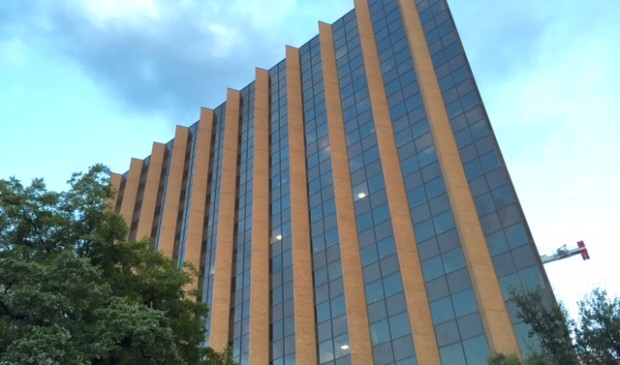County to advocates: Don’t just tell us where to spend, but where to cut
Wednesday, August 21, 2019 by
Jack Craver With revenue caps on the horizon, members of the Travis County Commissioners Court have the unenviable task of telling groups calling for increased funding of critical services, from social programs to law enforcement, that there simply may not be the money to meet their demands.
On Tuesday representatives from One Voice Central Texas, a coalition of social service providers, told the court that they were in dire need of increased support from the county.
“There has not been a substantial increase in social service investment in five years,” said Jo Kathryn Quinn, executive director of Caritas, a nonprofit that provides services to the homeless. Quinn was speaking alongside leaders of other nonprofits that are part of One Voice Central Texas.
Quinn warned commissioners not to be fooled by economic figures that suggest that people in Travis County are climbing out of poverty. The decline in the poverty rate – from 19 percent at the height of the recession to 12 percent – may have as much to do with poor people fleeing in search of more affordable housing outside of the county.
“People are hurting more and more, and it is harder and harder to connect them with all the tools they need to build well-being in this community,” she said.
Everybody on the dais was sympathetic to the request, but they cautioned that there was only so much they could do in the face of sharp tax limits recently enacted by the state.
The preliminary budget put forth by county staff in July includes a roughly 10 percent increase in spending across county departments. Health and Human Services received a 7.5 percent boost ($3.1 million) to about $44.5 million.
The budget proposed by staff would only raise property tax collections by 6 percent, leaving room for the commissioners to add a little more spending before the tax increase would hit 8 percent, the most the county can raise taxes in a year without getting voter approval.
All of the commissioners have signaled that they are likely to go to the tax maximum in anticipation of even leaner years, since beginning next year local governments will only be allowed to increase taxes 3.5 percent per year.
County Judge Sarah Eckhardt suggested that groups in search of additional funding for certain programs would be more likely to succeed if they could also identify areas of the budget to cut.
“Help us to look where we should recalibrate because we will need to take something from someplace else to move it over there,” she said.
It was a request of the public that she was loath to make, Eckhardt later explained.
“But that’s really what all of us here are faced with,” she said. “There’s no other way to say it.”
Nonetheless, Eckhardt pledged that the court would “keep looking” for more money as budget deliberations begin in the coming weeks. She lauded the county’s “performance-based contracting” with social service providers to “make sure that the neediest among us get the services they need in a state that doesn’t really provide much.”
Commissioner Brigid Shea similarly bemoaned the situation the state has put local governments in. The state has imposed new revenue caps without fixing the “broken appraisal process that is really forcing homeowners to subsidize commercial properties.”
Shea pushed back on the idea that the county was neglecting social programs, noting that the court recently set aside $3 million for a “Pay for Success” program aimed at housing the chronically homeless.
“We’re not ignoring the issue,” she said. “We’re not not investing in it. We’re just facing extremely limited resources.”
Quinn stressed that she appreciated the county’s efforts. She suggested the court do a budget work session with Health and Human Services staff to consider ways to identify more funds.
The Austin Monitor’s work is made possible by donations from the community. Though our reporting covers donors from time to time, we are careful to keep business and editorial efforts separate while maintaining transparency. A complete list of donors is available here, and our code of ethics is explained here.
You're a community leader
And we’re honored you look to us for serious, in-depth news. You know a strong community needs local and dedicated watchdog reporting. We’re here for you and that won’t change. Now will you take the powerful next step and support our nonprofit news organization?









